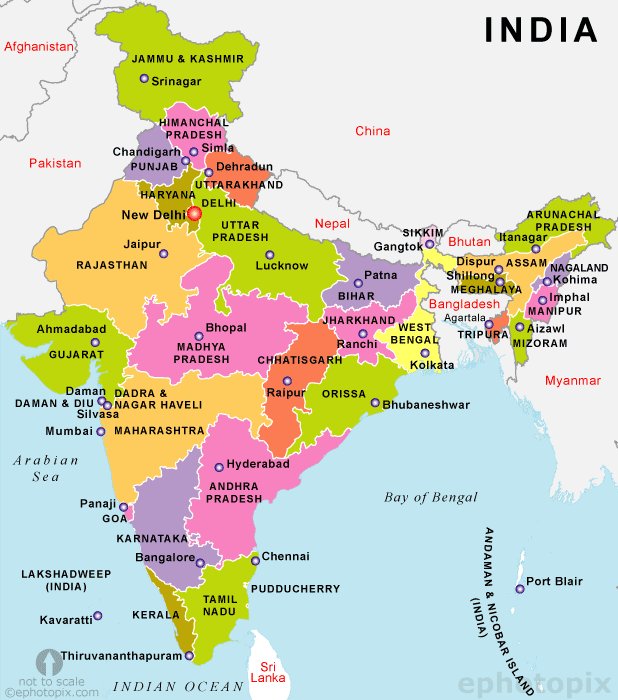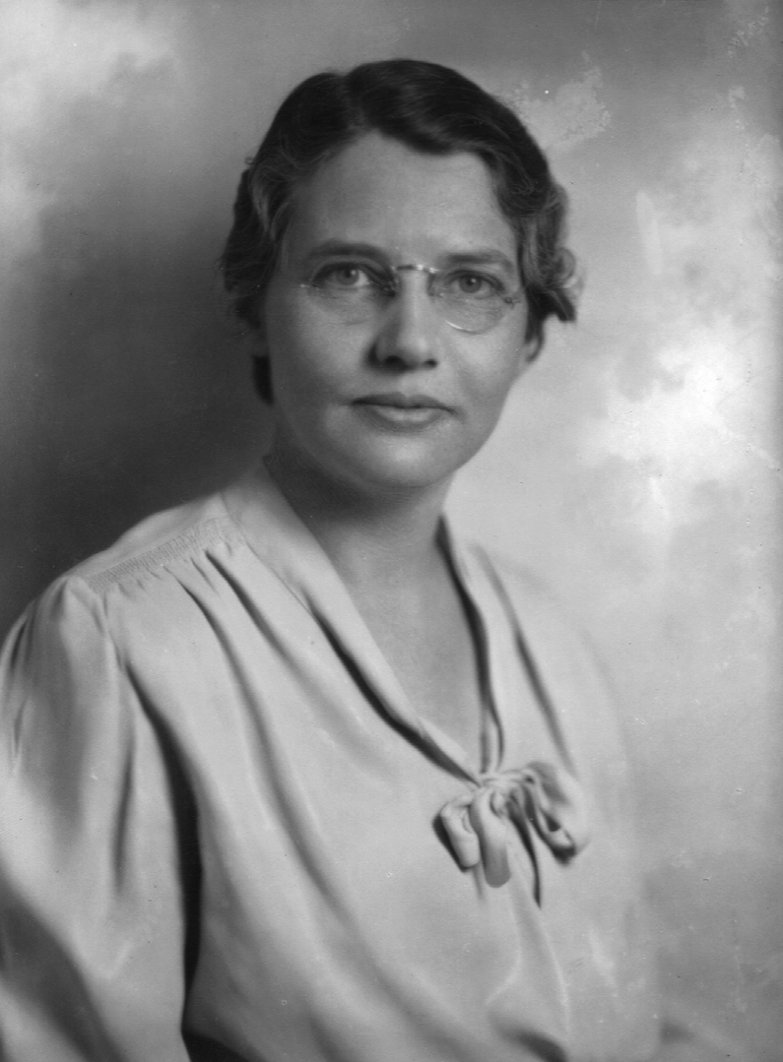For the most part then, relative to the effort they put in, their output is relatively worthless.
In practice, they just order a blood test and throw ibuprofen at you.
Historically, doctors were useful because the information about medicine was scarce.
There just wasn't that much useful information in the field of medicine.
You couldn't walk to the closest library and find a book on your medical problem.
The information was scattered across universities and people.
What's more, because rigorous medical information wasn't kept, they had access to knowledge gained through trial-and-error.
Over time, the specialists should have eventually outnumbered the generalists, as it did in mathematics.
Medicine is unlike other fields because decades later, there are still more generalists than specialists.
Instead they're a commonality.
Why is that?
But despite this, specialists could never find enough clients with problems specific to their expertise to make a decent wage.
That's why all the best specialists live in big cities
More clients to support them.
So they developed a system to handle the tremendous flow of people:
Their broad knowledge would allow them to quickly rule out the least likely explanations.
2. After ruling out certain problems, they'd make a best guess and refer the client to a specialist.
Most of the time, they make a random recommendation.
Or they err on the side of caution and make no recommendation at all.
On average, doctors have about 15 minutes to draw deep insights between distant fields.
That's hard.
There's no time for them to dwell deeply on your health problems.
This isn't House M.D.
Lack of knowledge by the doctor and patient and the lack of time are not optimal.
But specialists should be able to make up for that with their mastery.
The field of medicine is so deep now that when you do specialize you're limited and shaped by the ideas and tools specific to your field.
Nothing new enters your domain. And there are little incentives for doctors to learn more outside their field.
But administration is not concerned with the relevance of health problems. They're concerned about efficiency
Even the specialists are useless.
This happens for a number of reasons:
Humans are complex.
A dermatologist would need knowledge of nutrition, hormonal systems, and the effects of UV light to eliminate someone's acne.
Most dermatologists only have knowledge of creams.
No one wants to question the heterodoxy because that'd be career suicide.
And nobody wants to make a recommendation outside of the usual practice, because you'd open yourself up to lawsuits.
An ecosystem that feeds off mimicry and little risk-taking.
There's no risk if your only options are chemo or death.
There's a lot of risk if your options are lift weights or take this pill.
The latter has the weight of well-established norms.
The former is heresy.












